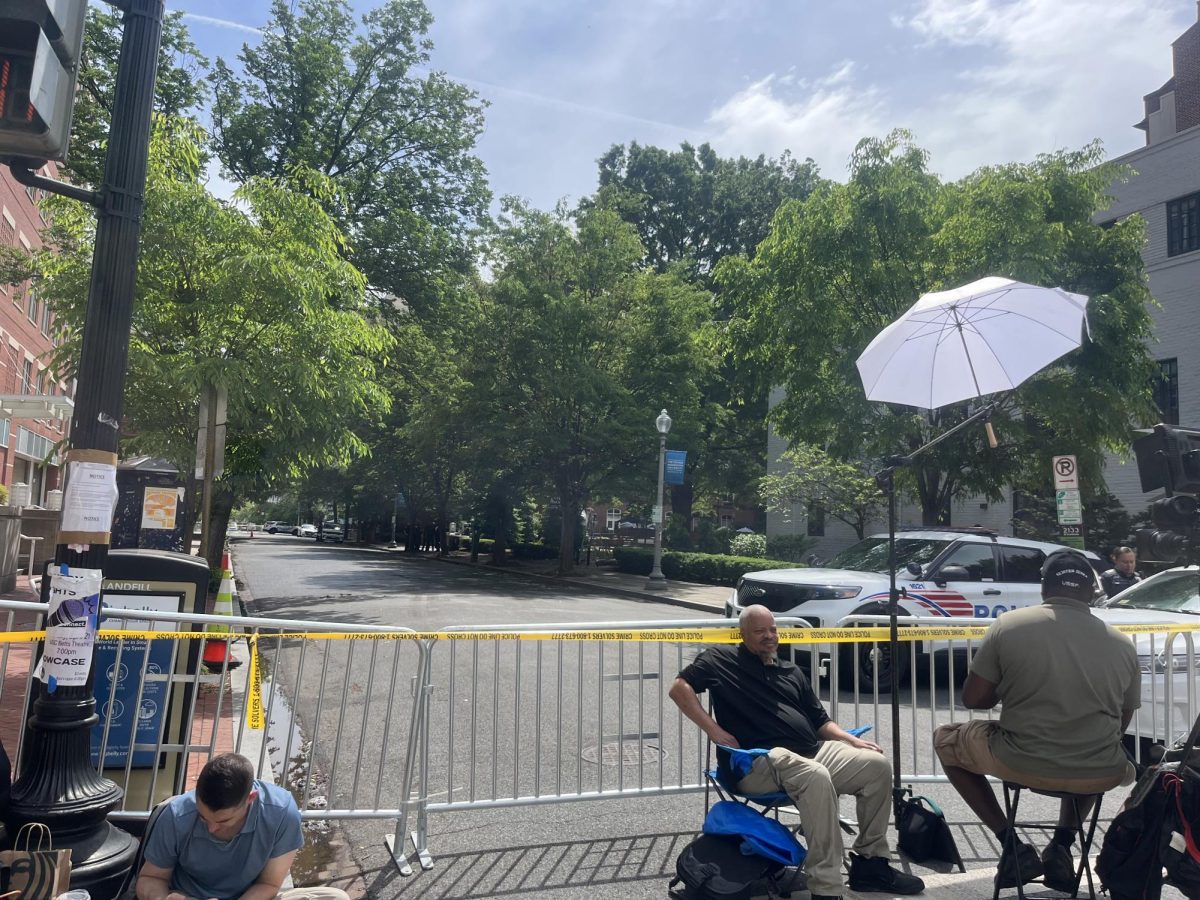The U.S. Department of State discontinued its $3.3 million budget for research grants that advance the study of Russian and Eastern European society, culture and politics this year, eliciting concerns from professors about the future of graduate and undergraduate programs.
Federal support for Russian and Eastern European research began in 1983 as part of the Title VIII Grant program, which aims to maintain expertise about various world regions. The State Department authorizes these grants on a yearly basis.
According to Harley Balzer, an associate professor of government and international affairs and former director of the Center for Eurasian, Russian and East European Studies, the program originally aimed to promote research and scholarship during the Cold War.
“With the threat of nuclear war between the two superpowers, knowing everything we could learn about the USSR and its Warsaw Pact clients was absolutely crucial to our security,” Balzer wrote in an email. “The goal was to make sure we could support graduate students to learn the languages, help junior faculty with research support to aid them in the tenure process and also encourage senior scholars to continue doing important work in the region.”
Balzer added that it is not surprising that support for these grants is waning today, as Russian scholarship has become less relevant since the USSR broke up in 1991.
“It is more difficult to make that case now,” Balzer wrote. “It really was a decision within the State Department, and they are chronically short of funds for a number of important things.”
Department of Slavic Languages associate professor Lioudmila Fedorova expressed dismay that the study of Russian language, culture and society has been de-emphasized.
“I was surprised. I was saddened. I’m very anxious,” Fedorova said. “We cannot underestimate Russia and its impact on modern political life.”
While Balzer agreed and cited the importance of Russia to the study of foreign policy and Eurasia, he acknowledged that the current post-Cold War political environment does not necessarily demand State Department funding.
“I would advocate our using some of our scarce budget resources to support language and area studies more broadly, rather than privileging any one region,” Balzer wrote.
Fedorova, however, voiced frustration that only tangible strategic and economic interests dictate the country’s academic focus.
“I think it’s very dangerous to look only at the areas of research that can give you something practical in return, the effects of which you can easily see,” Fedorova said. “It leads to a very limited picture of ourselves and the world.”
Nevertheless, both Balzer and Fedorova said that these cuts are too recent to feel their full impact. In particular, Fedorova noted that the cuts would primarily impact doctorate students and those pursuing postdoctoral work, as well as professors who wish to visit Russia and conduct research. The lack of funding for Russian study programs could also dissuade students from pursuing a major in these areas.
“I can foresee that in the long run, students who take Russian for say, pursuing a career in history of Russian or area studies, would think about other areas,” Fedorova said.
According to Fedorova, the funding cuts have resulted in the elimination of positions and even entire departments at other universities. Fedorova pointed to State University of New York’s Russian language program, which became online only, and Arizona State University, Indiana University and the University of Illinois, which have all suspended or cut research grant and scholarship programs related to the field.
“People are losing their jobs actually because of this tendency,” Fedorova said. “The situation in the field is very tragic.”
Georgetown, however, has managed to remain relatively unaffected thanks to the U.S. Department of Education’s Title VI program, which also allocates funds for particular regional studies. Title VI specifically funds National Resource Centers, which offer graduate degrees and language instruction focused on specific regions of the world; CERES is considered a National Resource Center.
“We are a direct beneficiary of that, and we hope that that will continue in the future, although that, too, is threatened,” Loring said. “That’s the big thing that we really don’t want to happen.”
According to Loring, as many as 20 scholarships could be lost if Title VI is defunded, and numerous study opportunities and course offerings would be affected.
Balzer suggested that the Title VIII cut is illustrative of a larger trend.
“We are weakening our capacity to compete economically, protect ourselves and to promote our ideas,” Balzer wrote. “It reflects a short-sighted view of the future, and one may only hope that the result will be merely significant, rather than tragic.”
Fedorova expressed hope that Georgetown would not abandon its program, regardless of funding.
“I would be very glad if the university could undertake any steps to somehow compensate or recognize the importance of this field,” Fedorova said. “That would be wonderful.”














